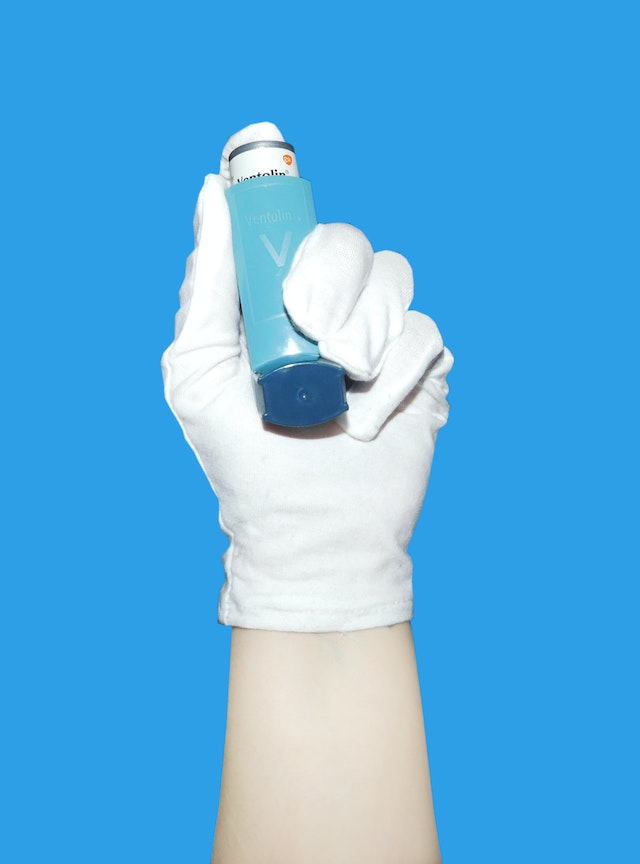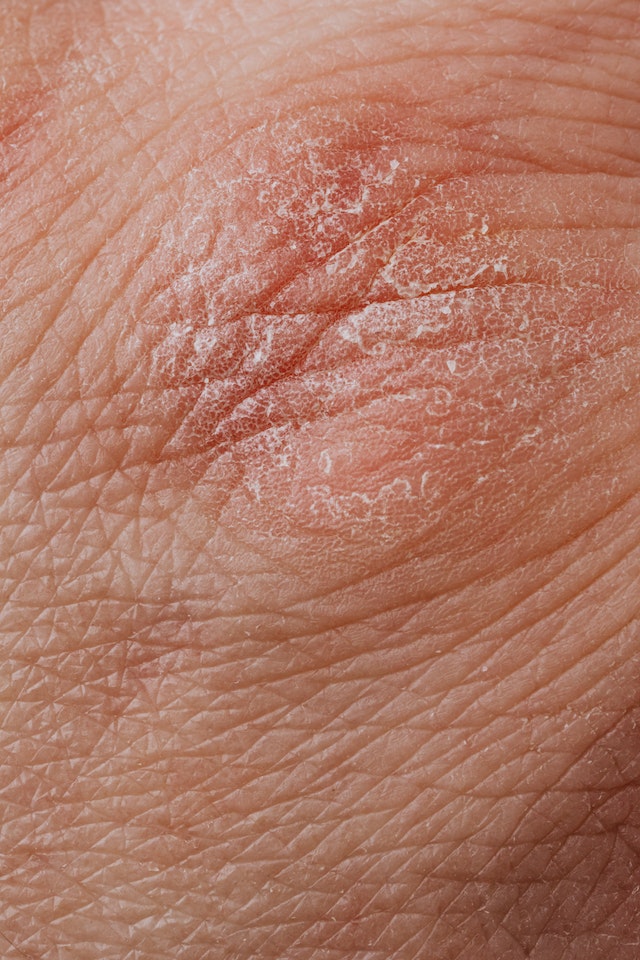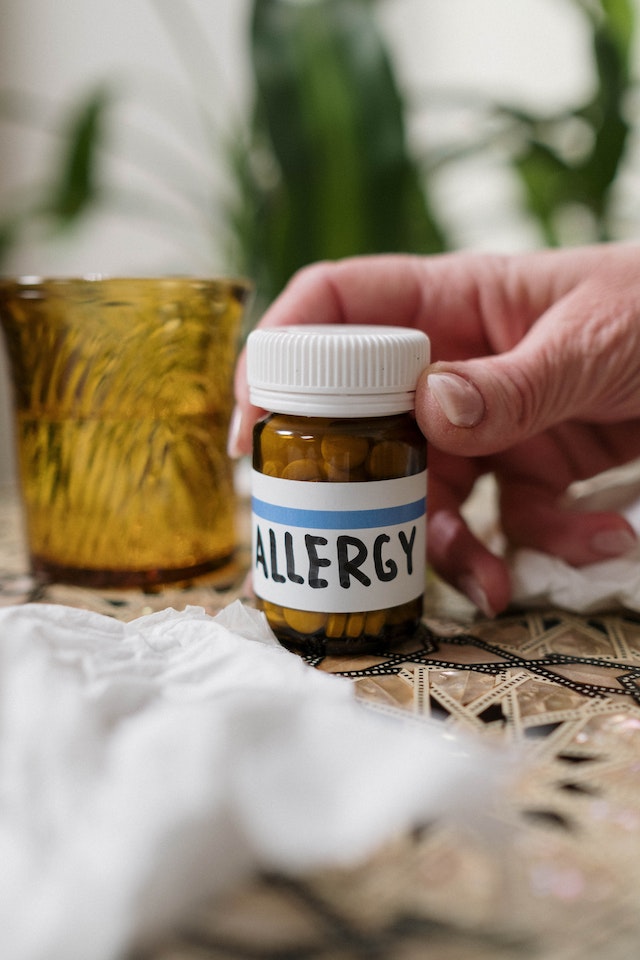Monthly Archives: March 2023
Asthma and Allergies: Managing Symptoms and Avoiding Triggers
 Living with asthma and allergies can be challenging, especially when it comes to managing symptoms and avoiding triggers. Fortunately, Boyan Hadjiev MD, an allergist located in New York City, is here to help patients with asthma and allergies lead a healthier, happier life.
Living with asthma and allergies can be challenging, especially when it comes to managing symptoms and avoiding triggers. Fortunately, Boyan Hadjiev MD, an allergist located in New York City, is here to help patients with asthma and allergies lead a healthier, happier life.
In this blog post, we will discuss the common triggers of asthma and allergies and the treatment options available to manage symptoms. We will also provide tips on how to avoid triggers and maintain good respiratory health.
What is Asthma and What Are Allergies?
Asthma is a chronic respiratory condition that affects the airways. People with asthma experience inflammation and narrowing of the airways, which can lead to symptoms such as wheezing, coughing, and shortness of breath. Allergies, on the other hand, occur when the body’s immune system overreacts to a harmless substance, such as pollen, dust mites, or pet dander.
Common Triggers of Asthma and Allergies
There are several common triggers of asthma and allergies that patients should be aware of. These triggers can include:
Pollen and Mold
Pollen and mold are common allergens that can trigger asthma and allergy symptoms. Pollen is released from trees, grasses, and weeds, while mold grows in damp areas such as bathrooms and basements.
Dust Mites and Pet Dander
Dust mites and pet dander are also common allergens that can trigger asthma and allergy symptoms. Dust mites are tiny insects that live in bedding, carpets, and furniture, while pet dander is the dead skin cells that animals shed.
Smoke and Air Pollution
Smoke and air pollution can irritate the airways and trigger asthma and allergy symptoms. This can include cigarette smoke, wildfire smoke, and pollution from cars and factories.
Managing Symptoms and Avoiding Triggers
 There are several treatment options available to manage asthma and allergy symptoms. These include:
There are several treatment options available to manage asthma and allergy symptoms. These include:
Medications
Medications such as inhalers, nasal sprays, and antihistamines can be effective in managing asthma and allergy symptoms. These medications work by reducing inflammation and opening up the airways.
Allergy Shots
Allergy shots, also known as immunotherapy, can help reduce the body’s reaction to allergens over time. This treatment involves injecting small amounts of allergens into the body to help build up immunity.
Lifestyle Changes
Lifestyle changes can also be effective in managing asthma and allergy symptoms. These can include avoiding triggers, maintaining good indoor air quality, and practicing good respiratory hygiene.
Conclusion
In conclusion, asthma and allergies can be challenging to manage, but with the help of a qualified allergist like Boyan Hadjiev MD, patients can lead a healthier, happier life. By understanding the common triggers of asthma and allergies and utilizing the appropriate treatment options, patients can manage symptoms and avoid triggers.
If you are in need of allergy treatment in general or related to asthma, contact Dr. Hadjiev today:
Allergy, Asthma and Sinusitis P.C.
30 East 40th Street, Suite 1200
New York, NY 10016
212-319-5282
https://drsneeze.com.
Eczema and Allergies: Understanding the Connection and Treatment Options

If you or someone you love is experiencing eczema, you may wonder if allergies play a role. Eczema is a common skin condition that causes red, itchy, and inflamed skin. It affects people of all ages and can be caused by a variety of factors, including genetics, environmental factors, and lifestyle choices. In this blog post, we will explore the connection between eczema and allergies and discuss treatment options.
What is Eczema?
Eczema, also known as atopic dermatitis, is a chronic skin condition that causes patches of dry, itchy, and inflamed skin. It can appear anywhere on the body, but is most commonly found on the hands, feet, face, neck, and upper chest. Eczema can be caused by a combination of genetic and environmental factors. It is often associated with other atopic conditions, such as asthma and hay fever.
The Connection Between Eczema and Allergies
Allergies and eczema are closely related. In fact, many people with eczema also have an allergic condition. This is because eczema is often triggered by allergens, such as pollen, dust mites, and pet dander. When an allergen comes into contact with the skin, it can cause an immune system reaction that leads to eczema symptoms. In addition to environmental allergens, certain foods can also trigger eczema symptoms in some people.
Allergy Testing for Eczema
If you have eczema, it is important to identify any underlying allergies that may be contributing to your symptoms. Allergy testing can help determine what allergens you are sensitive to. There are a few different types of allergy tests, including skin prick tests, blood tests, and patch tests. Your allergist can recommend which type of test is best for you.
Treatment Options
Treatment for eczema and allergies may involve a combination of approaches, including avoidance of triggers, medications, and lifestyle changes. Here are some common treatment options:
Avoiding Triggers
If you have identified specific allergens that trigger your eczema, avoiding them is an important step in managing your symptoms. This may involve using air purifiers, washing bedding frequently, and avoiding certain foods.
Medications
 There are several medications that can be used to treat eczema and allergies. Antihistamines can help relieve itching and inflammation, while corticosteroids can reduce inflammation and redness. Topical immunomodulators can also be used to reduce inflammation.
There are several medications that can be used to treat eczema and allergies. Antihistamines can help relieve itching and inflammation, while corticosteroids can reduce inflammation and redness. Topical immunomodulators can also be used to reduce inflammation.
Lifestyle Changes
Making lifestyle changes can also help manage eczema and allergies. Keeping the skin moisturized with creams and ointments can help prevent dryness and reduce itching. Avoiding harsh soaps and detergents can also help prevent flare-ups.
Allergy Immunotherapy
Allergy immunotherapy, also known as allergy shots, is a treatment option for people with allergies. It involves receiving regular injections of allergens to help the body build up immunity. This can help reduce the severity of allergy symptoms over time.
Allergies & Skin Conditions: Conclusion
Eczema and allergies are closely related, and identifying and managing underlying allergies is an important step in managing eczema symptoms. If you are experiencing eczema or suspect that you have underlying allergies, it is important to seek the advice of a qualified allergist, such as Dr. Boyan Hadjiev.
Also known as “Dr. Sneeze”, Dr. Hadjiev is a board-certified allergist located in New York City who has years of experience diagnosing and treating eczema and allergies. Dr. Hadjiev takes a personalized approach to care, working closely with each patient to develop a treatment plan that is tailored to their unique needs and lifestyle.
If you are struggling with eczema and allergies, don’t suffer in silence. Contact Dr. Boyan Hadjiev at Allergy, Asthma and Sinusitis P.C. to schedule an appointment and take the first step towards finding relief.
Allergy, Asthma and Sinusitis P.C
Boyan Hadjiev, MD
30 East 40th Street
(Btwn Madison and Park)
Suite 1200
New York, NY 10016
212-319-5282
Serving all of New York City and the Tri State Area including Zip Codes: Top Allergist NYC Midtown, Chelsea and Clinton: 10001, 10011, 10018, 10019, 10020, 10036 | Gramercy Park and Murray Hill: 10010, 10016, 10017, 10022 | Greenwich Village and Soho: 10012, 10013, 10014 | Lower Manhattan: 10004, 10005, 10006, 10007, 10038, 10280 | Lower East Side: 10002, 10003, 10009 | Upper East Side: 10021, 10028, 10044, 10128 | Upper West Side: 10023, 10024, 10025
